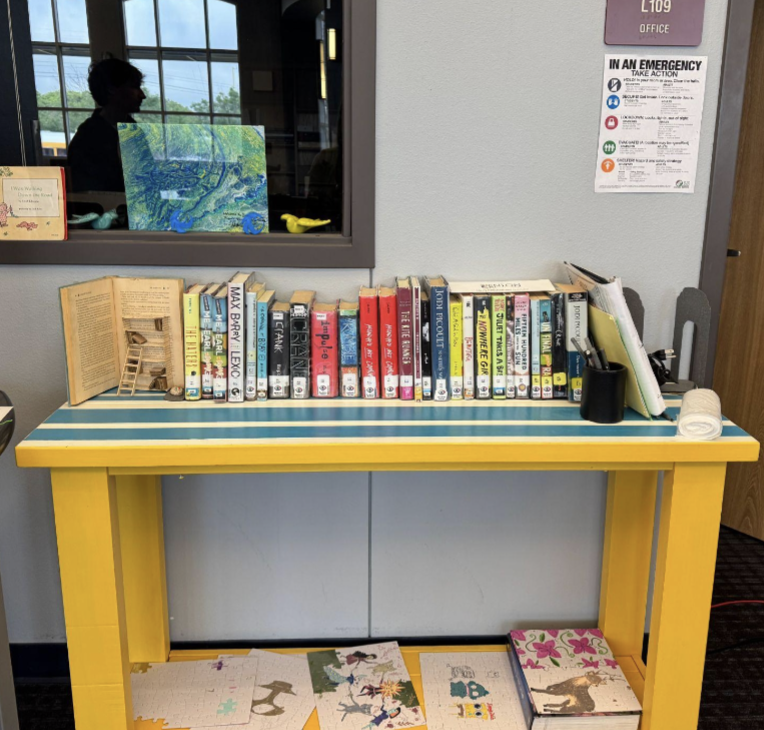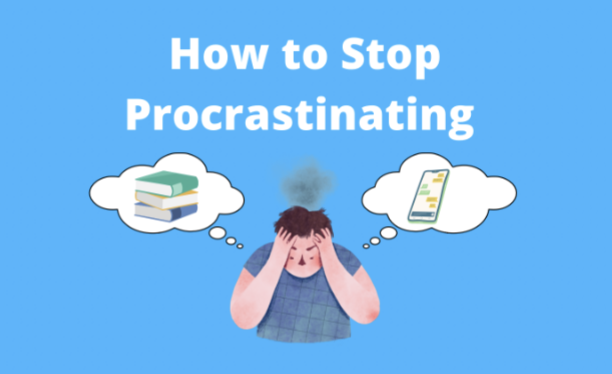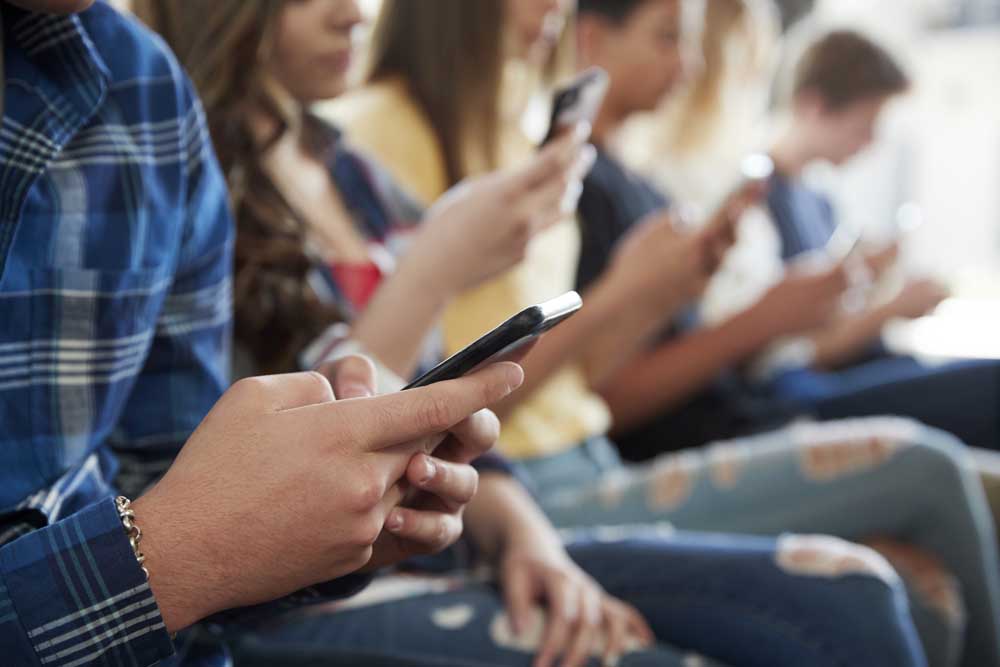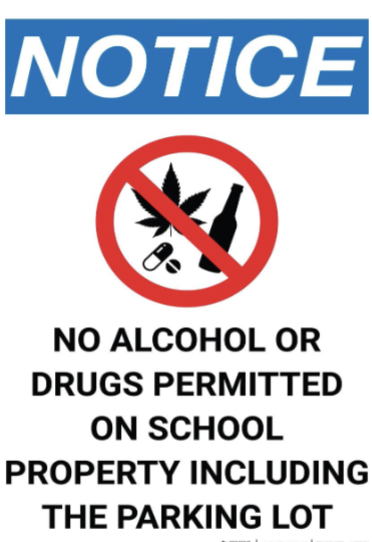By: Ava Walker, Staff Reporter
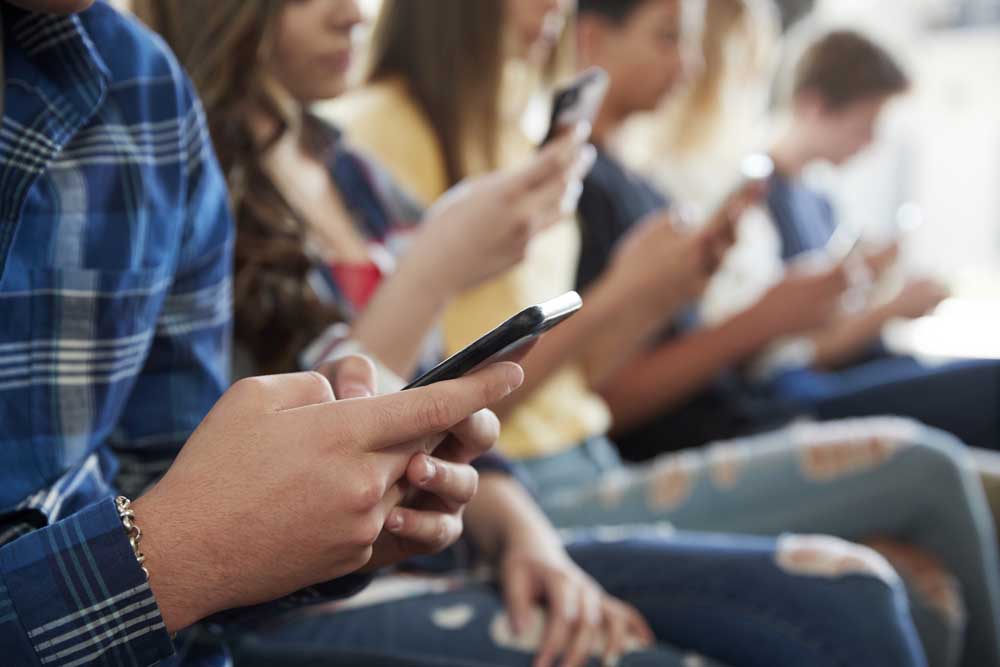
50% of teens in the US are addicted to their phones. Phones are useful, and they help teens stay informed and entertained. Although phones are very useful, they are also very distracting and can cause low grades, no work to be done, and make students easily distracted. Teens might be too busy on their phones to focus on grades, sleep, and more. Many teens spend too much time on their phones without realizing it. This growing problem is called phone addiction.
“Me, and other classmates around me definitely use our phones a lot and get distracted, but I always try my best to focus,” student Natalie Lerma said.
Phones are useful and help teens and adults stay informed, entertained, and connected with other individuals. Teenagers text friends and family, and get access to so many learning resources that can support learning within and outside the classroom with just a few clicks. Phones also offer ways of being creative, where teens can produce music, videos, art, and photography that they can share with the world. Phones are very useful, yet also very distracting. A lot of use of the phone can result in lower grades, unfinished homework, and short attention spans during important activities like studying or attending classes.
“Most students pay attention, but a lot of the time I feel like they get distracted very easily by their phones,” Biology teacher Lori Berney said.
Most teenagers might be too busy watching social media, texting, or playing video games to pay attention to their school assignments, get enough sleep, or spend some time with family and friends. Being constantly connected to a phone can also cause anxiety, depression, or stress, especially when teens compare themselves to others on the internet or feel the need to be constantly available.
The majority of teenagers scroll through their phones for hours without even realizing how much time they’ve spent doing it. Most of the time, when anyone spends too much time on screens, it can interfere with major parts of their lives, including physical health, emotional health, and relationships.
However, it is also important to realize that phones are not always bad. If they are used responsibly, they offer a lot of access to a world of information, support, and creativity that earlier generations did not have access to. Overall, phones are powerful devices that both positively and negatively impact teenagers. It just depends on how they are used.
As technology continues to change and develop, teens, parents, and teachers must work together to make healthy habits. By finding a balance between offline and online life, teenagers can enjoy their phones without allowing them to control their lives.













